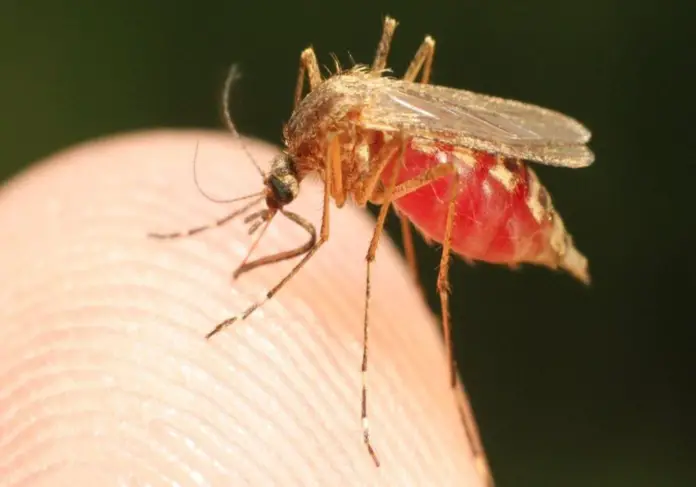A sudden malaria outbreak caused a rapid rise in the Outpatient Departments (OPDs) in public and private hospital sectors of Kashmore and adjoining districts.
The district administration, malaria control department and municipal committee have failed to control mosquito related diseases. The malaria control program by district administration Kashmore did not do anti-mosquito spray, which resulted in both public and private hospitals of the district being flooded with cases of mosquito-borne diseases.
It was reported that the high rise of malaria cases also caused drug crises and other health-related complications throughout Kashmore. Mohammad Ali and Rizwan, both attendants of the malaria-infected at Civil Hospital Kandhkot, told daily Minute Mirror that as compared to the previous year, malaria was rampant in various areas of Kandhkot, Kashmore, Buxapur, Ghouspur, Guddu and Tangwani, since the district administration seemed to be clueless in the regard.
They complained there was no medicine or vaccine available at government hospitals. They were buying it from private stores at skyrocketing prices. Even they were not being provided with mosquito sprays or nets to protect from the disease. A renowned doctor on the condition of anonymity, told Minute Mirror that Pakistan’s health system, especially of remote areas, could not control these seasonal outbreaks.
The authorities should have planned better. To a query, he said it was caused by parasites of species plasmodium, spread through bites of infected female anopheles mosquitoes called malaria vector.
However, malaria was contagious. It bites, especially at the time of dusk and dawn, he added. It would be noteworthy to mention that malaria inspectors or supervisors have played a vital role throughout the globe as they have fought against mosquito-borne diseases, adding crucial responsibilities in managing and playing a role in transferring health precautions to the community about mosquito-borne conditions.
The Kashmore district administration’s incompetence and passive attitude was particularly observed in the health department. There was no proper visit of officials in the affected areas. They also failed to conduct awareness programs throughout the district.
Malaria has generally been considered a disease of the rural regions, but many factors linked to a rapid increase of malaria transmission included uncontrolled urbanisation. Despite being aware that fever, cough, flu, headache were also proven symptoms of COVID-19, it was imperative to take immediate measures to control malaria by spraying and providing nets to rural populations, including giving awareness to the masses regarding risks of getting affected by malaria through a mosquito bite.







